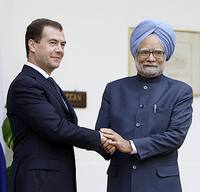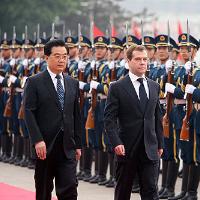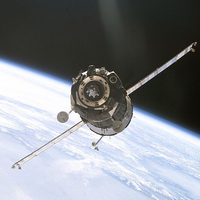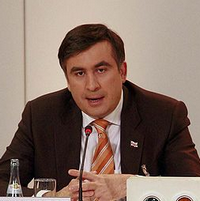
India has recently seen a succession of visits by the top leaders of the permanent Security Council members. The British prime minister was in India in late July, and the American president came calling in early November. Visits by the French president and the Chinese premier followed earlier this month. In contrast to the high-profile U.S. visit, Russian President Dmitry Medvedev flew into India almost unnoticed on Dec. 21. Although the Soviet Union was India’s staunchest ally during the Cold War, India has drifted away from post-Cold War Russia. This stands in stark contrast to India’s ties with the U.S., […]






